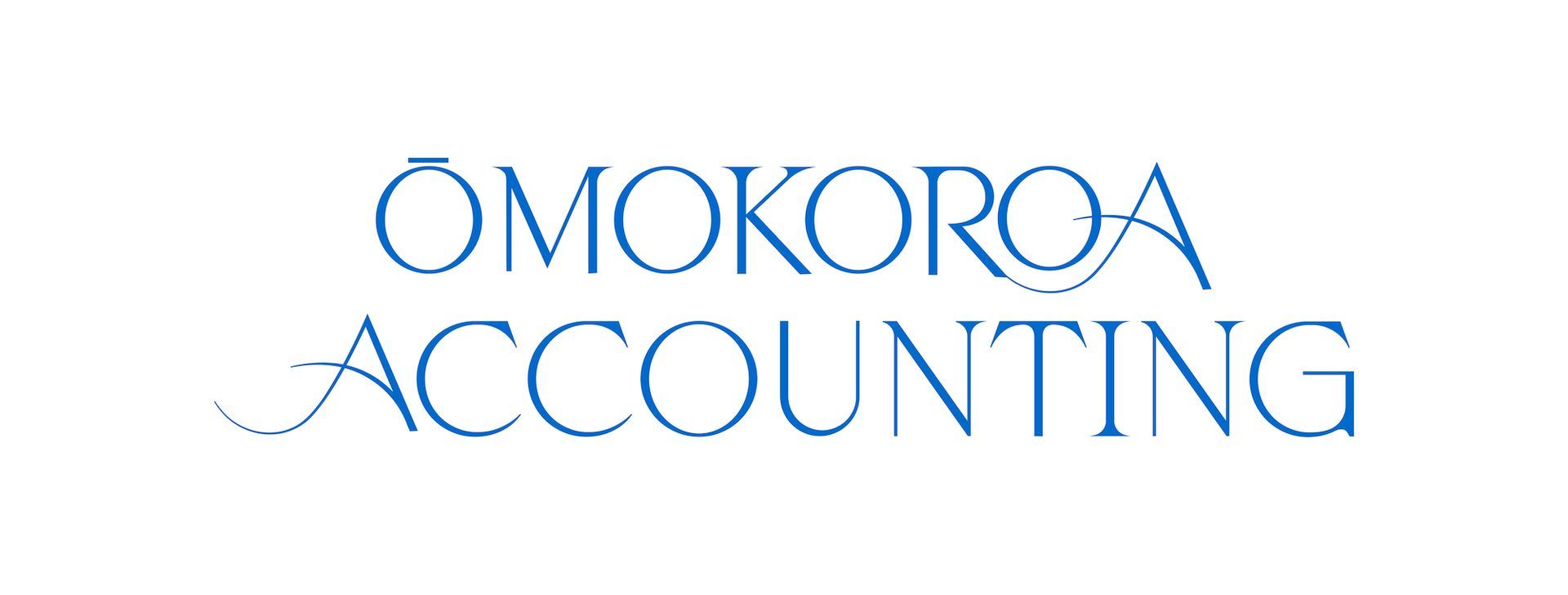Business Accounting Tips
When it comes to managing your business finances, a few small habits can save you a lot of stress, money, and time. Here are some key tips accountants wish every client would follow.
1. Remember, GST Isn’t Your Money
It’s easy to forget, but GST collected on your sales belongs to the Government, not you. As soon as it hits your account, think of it as money you’re holding on their behalf. Our advice is to set up a dedicated GST account and transfer the amount straight across. In fact, you should do this for all income tax returns. That way, when GST and tax returns roll around (every 2 or 6 months, depending on your filing frequency, or the end of the financial year), you’re not scrambling to find the cash.
2. Don’t Rely on the $200 Receipt Rule
In 2023, the IRD raised the requirement threshold for keeping GST receipts from $50 to $200. This meant that businesses were no longer required to keep GST receipts under $200. However, businesses are required to keep records for Income Tax purposes for 7 years in the event they are audited. This includes both sales (invoices) and receipts (purchases). Our suggestion, to stay on the safe side, is to keep all your receipts. It’s better to be over-prepared than caught short.
3. Build a 10-Minute Morning Routine
Staying on top of your records doesn’t have to be overwhelming. At Ōmokoroa Accounting, Diane sets aside 10 – 15 minutes every morning to deal with receipts, invoices, and bank reconciliations, and updating Xero. This daily habit helps keep our records tidy and reduces the risk of mistakes. This will save you from the dreaded “shoebox or drawer full of receipts” at tax time, and may save you from losing an evening “catching up.”
These small steps can make all the difference. Not only will we, as your accountant, thank you, but it will also help you avoid unnecessary stress, penalties, and time wasted digging through old paperwork.
For personalised financial advice, get in touch. Our team is happy to help.



